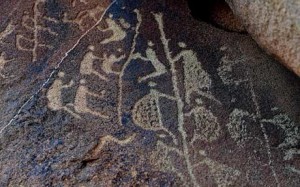As recently reported Aborigines have claimed that Australia’s cultural heritage recognition has been greatly dominated by the country’s colonial past. Earlier this year, UNESCO recognized and designated a number of sites in Australia as “outstanding universal value”. Among the sites added to the World Heritage List this year are Sydney’s 19th century Hyde Park Barracks and Tasmania’s Port Arthur penal settlement.
The move has actually outraged Aboriginal activists, who have claimed that their own cultural heritage is in danger of being destroyed since the sites are also in need of protection and that very few of their sites have been nominated by the Australian government. The activists also claim that this suggests a strong ethnocentric bias towards everything Anglo-Saxon and a prejudice or ignorance about the Aboriginal past and a lack of understanding of its value to the county’s history.
It has also been reported that Aborigines representatives wrote to UNESCO calling on it to deny approval to the “white Australian sites” while the country’s indigenous heritage was in danger of extinction. But, when UNESCO released the list, it said that the sites were the best surviving examples of large-scale convict transportation and the colonial expansion of European powers through the presence and labor of prisoners and that they deserved to be conserved while sites like 20,000-year-old rock art in the Northern Territory, a recently-discovered treasure trove of ancient artifacts outside Hobart and scarred trees in New South Wales, which were used by indigenous tribes during coming of age ceremonies have not been recognized or listed.
Australia’s activists believe that the lack of Aboriginal sites on the list could be blamed on the fact that there were no indigenous members of Parliaments (MPs) in federal parliament and no indigenous people on the board that decides on the country’s UNESCO nominations as reported by the Telegraph.
















